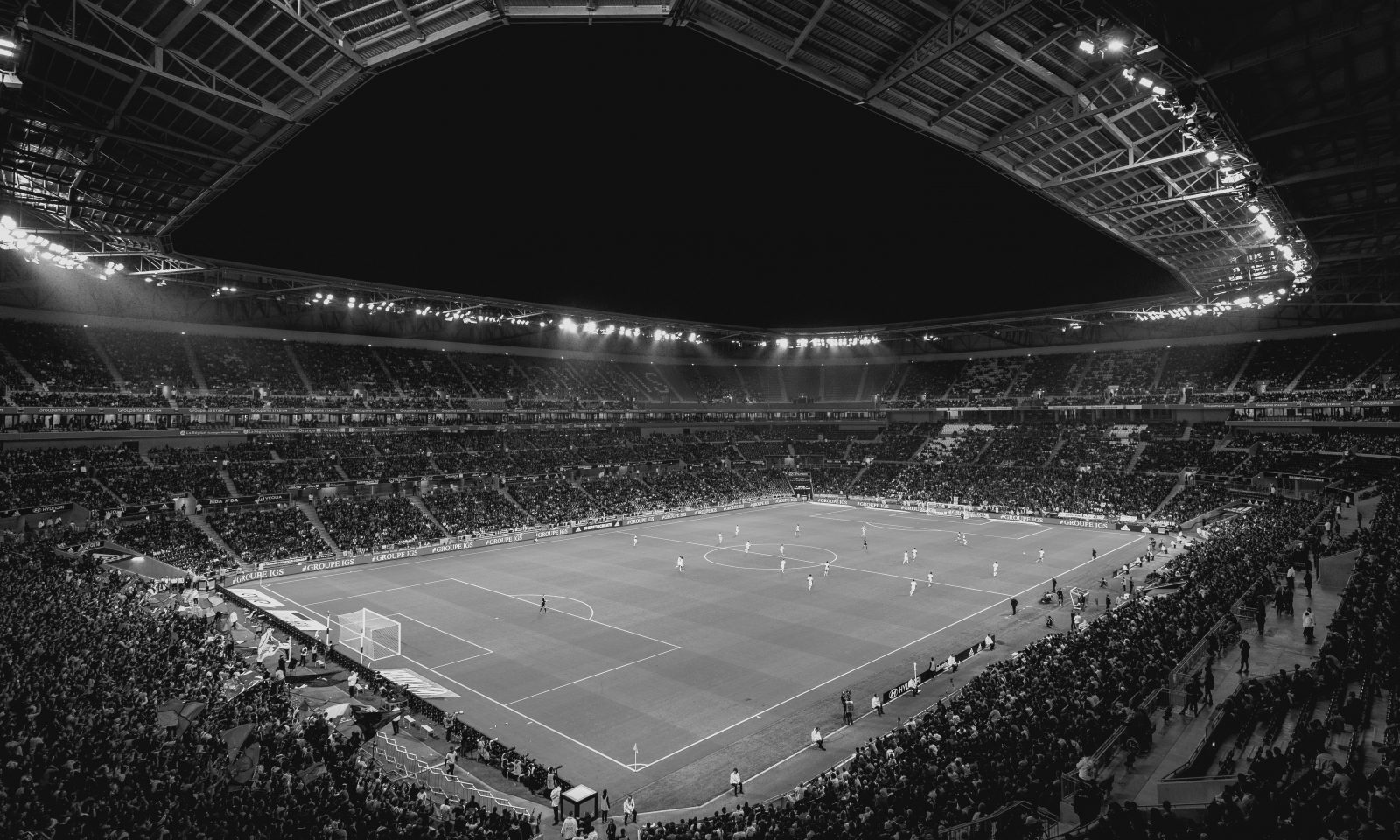Study on sports organizers’ rights
On 24 April 2014, the European Commission published on its page the final report and the executive summary of the Study on sports organizers’ rights in the European Union, in which the Intellectual Property Institute acted as a rapporteur for Slovenia. The study was made under the consortium of the ASSER Institute and the Institute for Information Law – IViR.
The specific objectives of the study are:
– to map the legal framework applicable to the origin and ownership of sports organizers’ rights in the 28 Member States;
– to analyze the nature and scope of sports organizers’ rights with regard to licensing practices in the field of the media, taking into account relevant EU law provisions;
– to examine the possibility of establishing licensing practices beyond the media field, notably in the area of gambling and betting;
– to provide recommendations on the opportunity of EU action to address any problem that may be identified in the above mentioned areas of analysis.
In the great majority of Member States the rights of sports organizers are found in the general laws of property and contracts, which are not likely to be harmonized in the EU in the near future. By contrast, the laws on copyright and neighboring rights that provide for legal protection of the audiovisual recordings and broadcasts of sports events are almost completely harmonized. While the calls of the sports organizers for effective enforcement remedies are comparable to those of the traditional content and information industries, the case for expedient remedies is arguably somewhat stronger here, given the highly perishable media value of many sports events, which is usually exhausted immediately with the live coverage of the event. Regarding sport bets and gambling, the study recommends putting in place a centrally driven distribution system that allocates this revenue on the basis of transparent criteria, if Member States seek to secure a “fair financial return” from revenue derived from (commercial) betting or other gambling services to sport. A right to consent to bets could be considered as one of the available mechanisms to protect the integrity of sport from betting-related match fixing on condition that the demanding institutional and operational requirements necessary for its successful implementation can be satisfied.
The Grand Board of the European Union Intellectual Property Office (EUIPO) finally ruled that the figurative sign ‘COVIDIOT’ cannot be registered as an EU trademark.
The 4th Open Knowledge Day took place on Tuesday 17 October 2023, with an accompanying workshop on 18 October 2023. This year it was organised by the Open Data and Intellectual Property Institute (ODIPI) and supported by Knowledge Rights 21 (KR21).
We invite you to the fourth Open Knowledge Day and the workshop, which will take place this year within the framework of the programme and with the support of Knowledge Rights 21. The event will bring together experts from different European countries to discuss two topics: the first part will deal with the legal basis for data analytics, which is a key part of machine learning and related artificial intelligence, and the general exception for research. In the second part, open science in theory and practice will be presented both in Slovenia and in some Western Balkan countries. Representatives of research and educational institutions from Slovenia and the Western Balkan countries, as well as interested members of the public, are invited to attend.
Dr. Maja Bogataj Jančič, a renowned expert in copyright law, has joined the Berkman Klein Center for Internet & Society at Harvard University, where she will serve as an affiliate researcher for the next two years.





